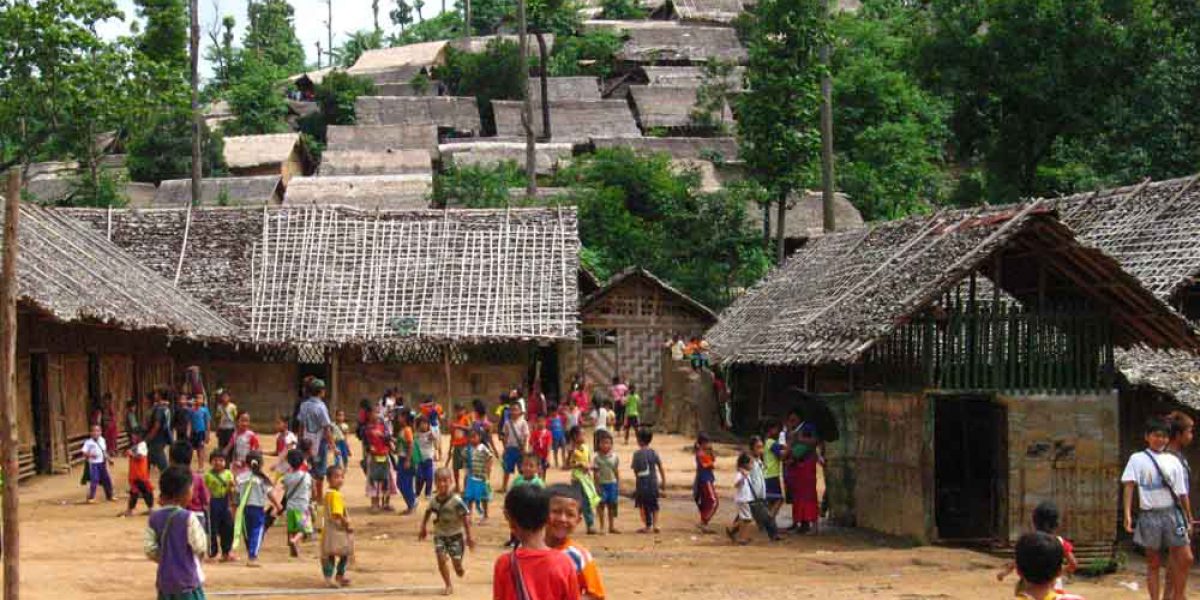
Rome, 20 June 2011 – In response to the horrors of World War II, nearly 60 years ago the UN family of nations took the first concrete steps towards the construction of a global system of refugee protection.
“The 1951 UN refugee convention is the cornerstone of international protection. The safety offered to millions of men, women and children, and the opportunity to rebuild their lives in dignity, is a clear testimony to its importance“, said JRS International Director, Peter Balleis SJ.
Most significant has been the establishment of a refugee definition centred on an individual’s fear of persecution as a cause of flight, rather than focusing on a particular situation. Equally important was the introduction of a universal obligation to provide limited, but important forms of assistance to refugees, including, most significantly, the obligation never to return refugees to places where they would risk persecution.
Nevertheless, too many governments still ignore key convention principles – seen as politically inconvenient or financially burdensome. Refugees are frequently confined to remote camps or unjustly detained in violation of their right to freedom of movement. Likewise, they are unjustly denied documentation, the right to work, and access to essential services. Increasingly states limit access to their territories and fail to provide asylum seekers with access to fair refugee determination procedures.
“If the convention were fully implemented, both in letter and spirit, the lives of many refugees fleeing Libya across the Mediterranean, Somalis fleeing to Kenya and countless others could be protected and sometimes even saved. Protection from human rights violations is the birthright of all of us“, Fr Balleis continued.
While the scope of the convention’s definition falls short of the more expansive one used by JRS, which includes forced migrants displaced by generalised conflict, economic injustice and environmental disasters, its interpretation has nonetheless evolved over time. In recent years, the convention has proved responsive to emerging needs by broadening the refugee definition to include new groups such as victims of sexual violence, and persecution by non-state actors like rebel groups and militias.
“In places like the Democratic Republic of Congo, where rape is rampant, thousands of women have been forcibly displaced. The recognition of sexual violence as a form of persecution has not only allowed them to be granted legal protection, it has also pushed organisations to establish programmes to meet their specific needs“, added Fr Balleis.
Next December, the UN refugee agency (UNHCR) will convene a meeting of governments in which it will ask each state to pledge: the adoption of one substantive measure to improve refugee protection. JRS urges governments to take this challenge seriously. While there is much to celebrate this year, there is still ample room for improvement.

